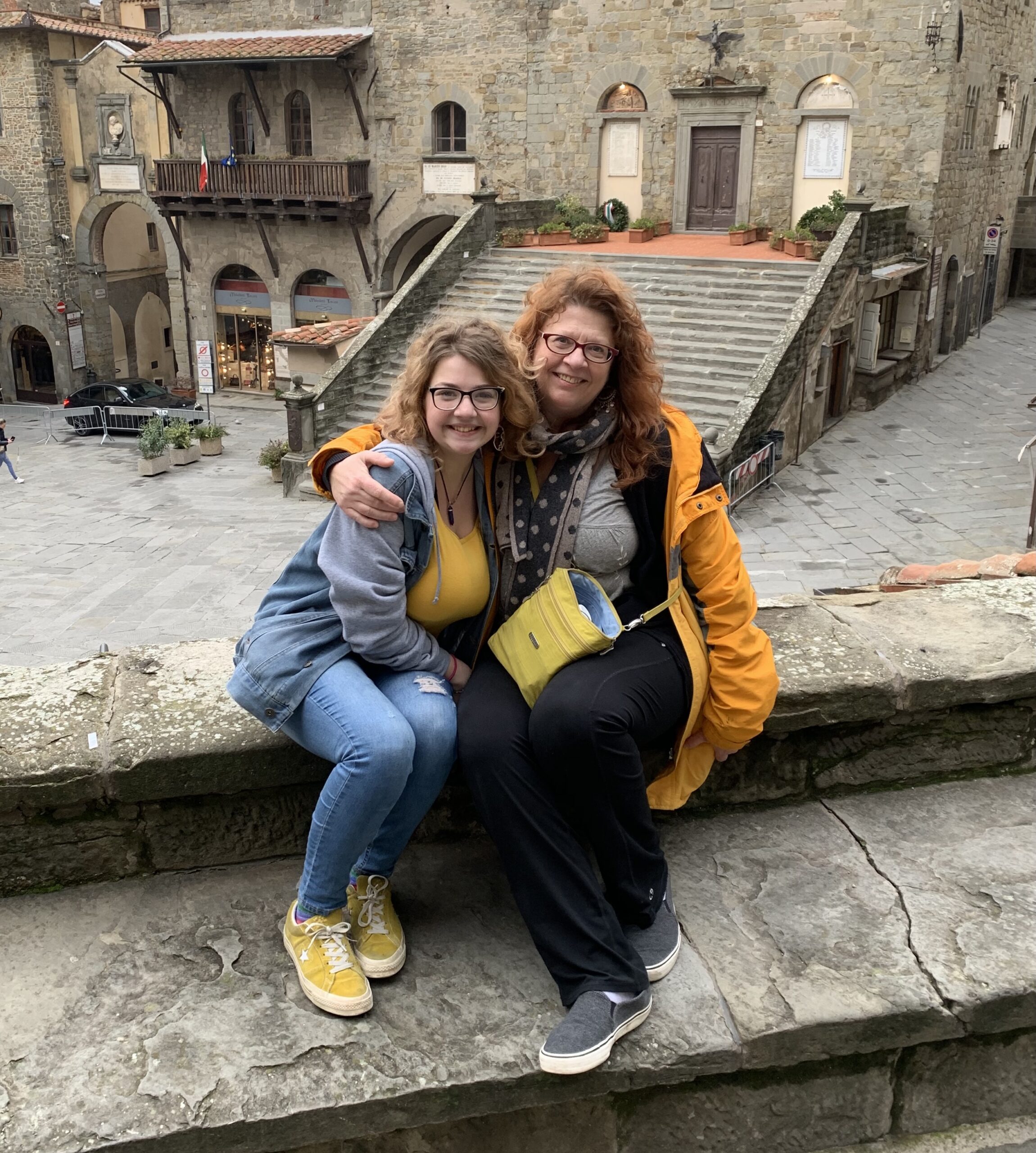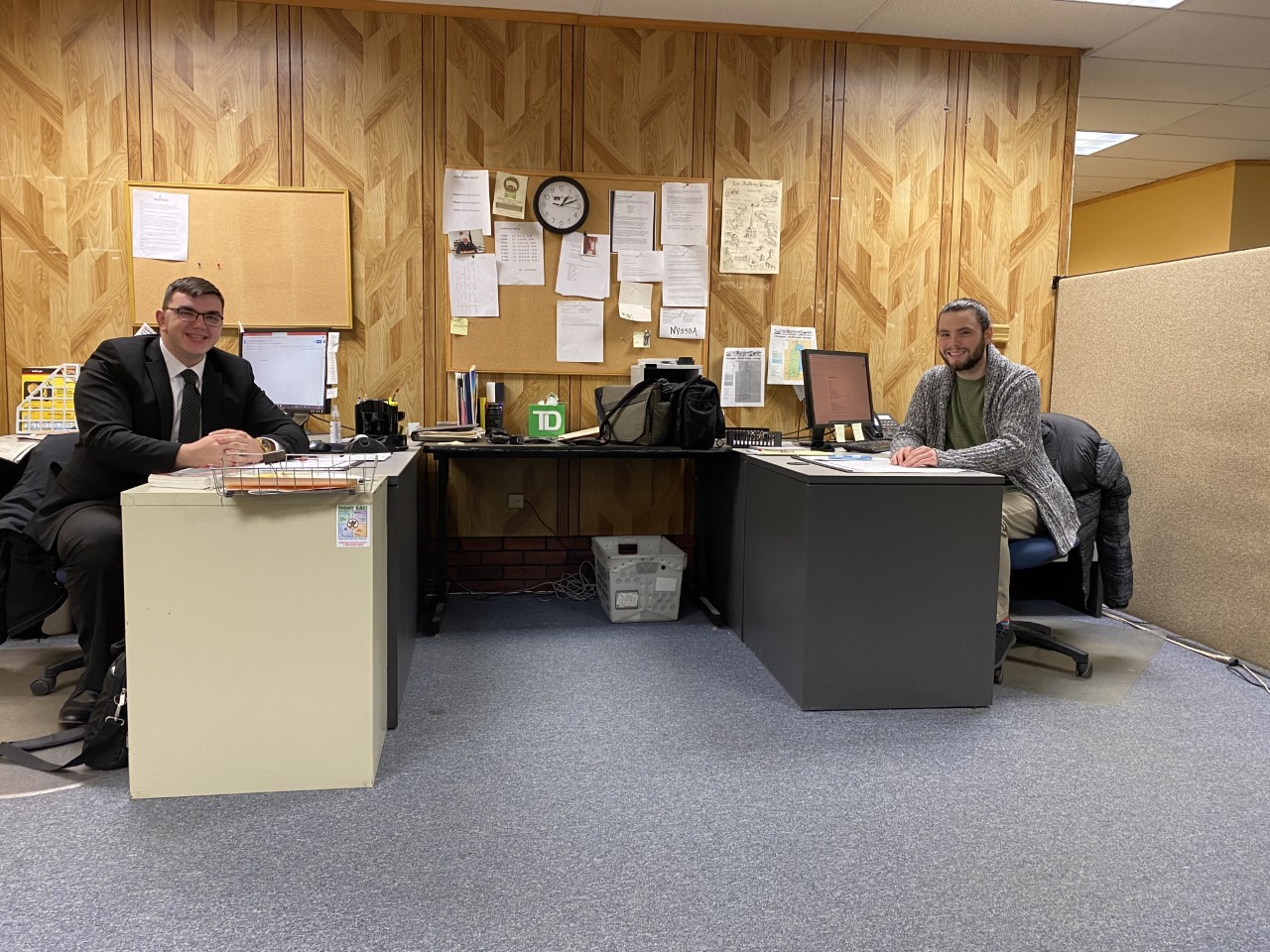Faculty Column

Theatre resembles life. So much to do, so busy until nothing remains except retreating from the stage one last time for a strike that returns an elaborate set into a bundle of boards, a pile of scrim, a bucket of bolts, and a cast party to review the highlights of near disaster and unrivaled triumph, to congratulate, laugh, shed tears even.Did Shakespeare himself just amble through the door in his “doublet of changeable taffeta,” offering up apologia for his lateness, air kissing like a bird of prey?
Leads, character actors, and techies gather round in this homage to the history of theatre. Hundreds of hours, nay the coin of thousands has been spent tucking lines into brain fissures, sewing costumes, locating shoes and props, an army of skills enlisted to present five times at the Castleton Fine Arts Center what had once been only a spark in a playwright’s mind, a gleam in a director’s eye.
So much goes into unleashing these actors to gambol across the stage, and to later remain only as images in the collective consciousness of an audience. So much goes into this intricate exercise, this Zen experience called theatre.
Why are people not lining up outside the box office pleading for tickets, and once safely inside the Casella Theatre in the hush of dimming lights, applauding the approach of the actors, hanging onto every measured syllable, bursting into joyous guffaws at the sight gags and double entendres, hugging the actors in the lobby afterwards in utter appreciation for their service to the Bard and the sharing of his ever-lasting words with us?
Are we so deadened to the passivity of cable and cinema that we cannot honor the contract that exists between actors and audience in live theatre?
For once the play is mounted, it is all about energy.
Our part of the bargain is to fill every seat, listen intently and react to what our actors say and do.
It is not enough to say we don’t like or understand it. Particularly if a work has passed Samuel Johnson’s measure of what constitutes a work of art, the 100-year yardstick, it falls upon us as educated people to appreciate the humor and meaning in this time-revered tradition, so that we can laugh with a Sir Andrew when he says, “I have no exquisite reason for it, but I have reason good enough.”
Faculty, staff, students, and townspeople all have “reason good enough” to show up and relish in what has been so painstakingly prepared and passionately presented for our betterment.




